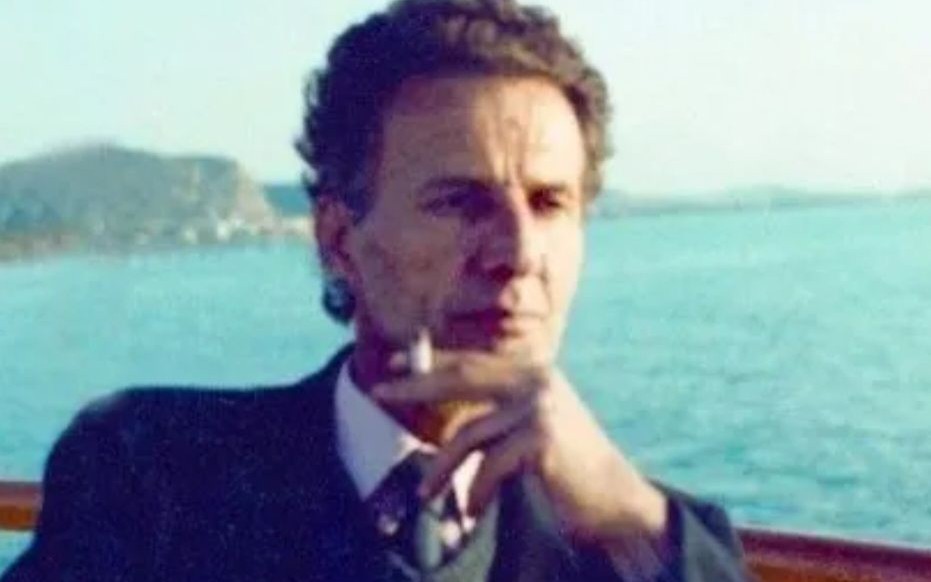SULEJMAN MATO
Alcuni dei nostri poeti—tra cui Moikom Zeqo, Petraq Risto, Agron Tufa e Mujo Buçpapaj—mirano a universalizzare la poesia attraverso un'astrazione intelligente. Ho sperimentato entrambi i tipi di poesia—chiusa e aperta. Queste due forme non si escludono a vicenda. Spinta dal desiderio di una rilevanza contemporanea, la universalizzazione della poesia ha intellettualizzato le arti, distaccandole dal folklore descrittivo tradizionale. Oggi, la poesia si trova di fronte ai dilemmi del cambiamento imposto.
A tal proposito, la critica letteraria può solo illuminare o sensibilizzare—non è in grado di guidare il processo. Sono i poeti stessi—come Mujo Buçpapaj, con il suo talento e la sua esperienza letteraria—che rivoluzioneranno la poesia contemporanea, avvicinandola ai nuovi lettori. Sotto questo aspetto, la poesia di Buçpapaj è rivoluzionaria, attirando l’attenzione non solo dei lettori, ma anche della nostra critica letteraria, che attualmente fatica a tenere il passo.
Ogni epoca porta le sue novità. Negli anni ‘60, la poesia è stata liberata dalle rime e dalle cantilene, dando origine al verso libero. Negli anni ‘80, questa tendenza si è ulteriormente arricchita. I poeti degli anni 2000, se vogliamo classificarli così, tendono verso la poesia postmoderna.
La forma che ha avuto il maggiore impatto nella poesia americana nell’ultimo decennio è stata la rottura dei confini tra poesia e prosa. La poesia in prosa è la forma più ricca di verso libero perché è in grado di trasmettere un enorme peso emotivo. Oggi, i poeti affrontano una sfida importante: ricostruire nuovi rapporti con il lettore perduto.
Questa preoccupazione è presente anche nella poesia di Mujo Buçpapaj. Credo che poeti come Buçpapaj sentano questa responsabilità e abbiano trovato la chiave del successo—a livello europeo e globale.

